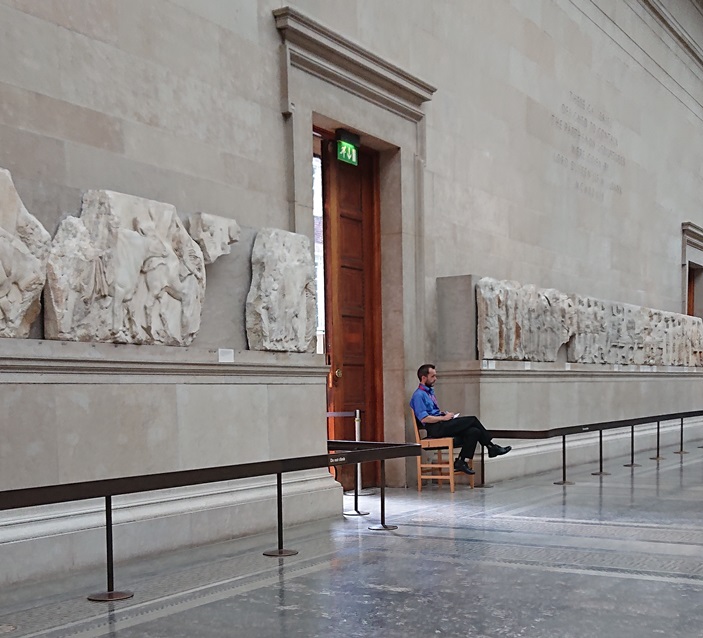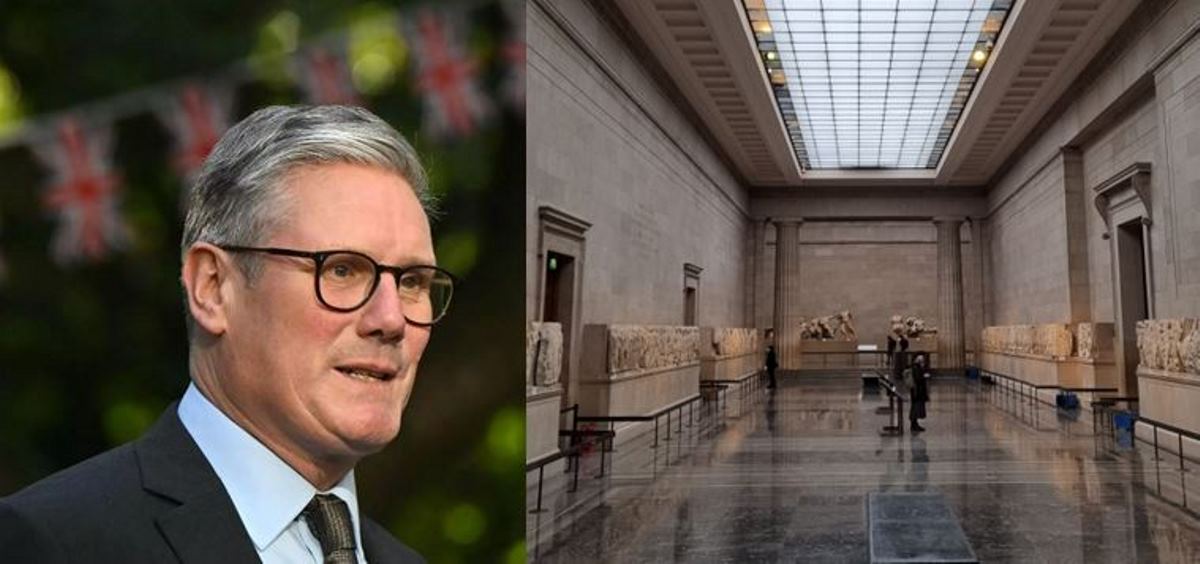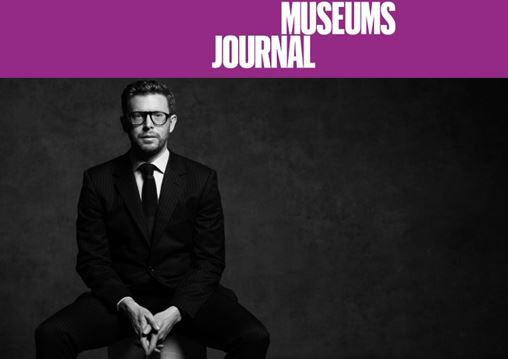"I understand the issues related to history. I understand the issues that arise that relate to politics. I also understand the issues related to diplomacy and all the other issues that arise. "But, I don't see why the British government and the British Museum cannot start a discussion with the Greek government on the future of the Parthenon Sculptures."
Sadiq Khan, Mayor of London, 30 July 2022 in an interview with Ta Nea's UK correspondent, Yannis Andritsopoulos. To read the article follow the link here.
Fast forward to July 2023 and London's mayor, Sadiq Khan, said the marbles should be "shared" between the UK and Greece. Once again, he was quoted in Ta Nea, with translations of his quotes published in a number of other outlets including The Art Newspaper.
"I obviously want Londoners to be able to see the Elgin Marbles, but I don't see why the British Museum, the British government, the government of Greece and the museum in Athens can't come to an accommodation to share these wonderful, wonderful Elgin Marbles."
Khan continued, "I'd really encourage the British Museum, the British government, the government of Greece and the Acropolis Museum in Athens to talk about how we can make more progress on this very issue. I think it's important to have these discussions… in terms of the Elgin Marbles there's a discussion to share some of this stuff."
BCRPM wrote to the London Mayor, sending him a copy of Christopher Hitchen's book, 'The Parthenon Marbles: A case for Reunification', which was launched in London's Chatham House in May 2008, and continues to be read, and quoted widely.
Extract ftom BCRPM's letter, 07 July 2023, to the Mayor of London, Sadiq Khan below:
As you rightly comment it is indeed important to have discussions, but because ‘sharing’ the ownership of the Marbles is not part of Greece’s brief, please allow us to provide you with a few helpful facts to explain why this should be so, all of which are backed up by solid scholarship. (Seven points were raised).
The letter went on to add:
We would suggest that righting a long-standing wrong can only reflect well on the United Kingdom’s reputation in the world. The magnificent British Museum holds over 108,184 Greek artefacts, of which only 6,493 are ever on display.
The Acropolis Museum’s Parthenon Gallery shows the sculptures and the frieze that remained in Greece and accurately reflect the way they were originally placed on the Parthenon building itself. Visitors here can envisage what they are denied in the enclosed gallery of The British Museum with its historically inaccurate display. Furthermore, in Athens they can clearly see the actual Parthenon through the vast windows that look across to the Sacred Rock upon which it still stands after two and a half thousand years. It is a thrilling connection for the visitor to enjoy.
Imagine if half of the dolmens of Stonehenge were stood amongst the ruins of Delphi, in Central Greece, it would be a standing insult to the history and self-image of these islands, would it not?
We find it very upsetting that The British Museum persists in informing its visitors, wrongly, that these Marbles were legally acquired; alas, they were not.
UNESCO is wholly in favour of return. The UK stands alone on this long-standing question.
Mainly, however, we would urge that what is done, is done, and now surely is the time for Great Britain to be magnanimous and generous and to mend its tattered reputation for fair play? After 207 years it’s time the Marbles were quite simply returned to their home. Their story is unique and cannot be compared to any other disputed objects - where a case by case review is required.
Chair Janet Suzman and Vice-Chair, Professor Paul Cartledge, with Hon President Professor Anthony Snodgrass, and members of BCRPM.





Comments powered by CComment